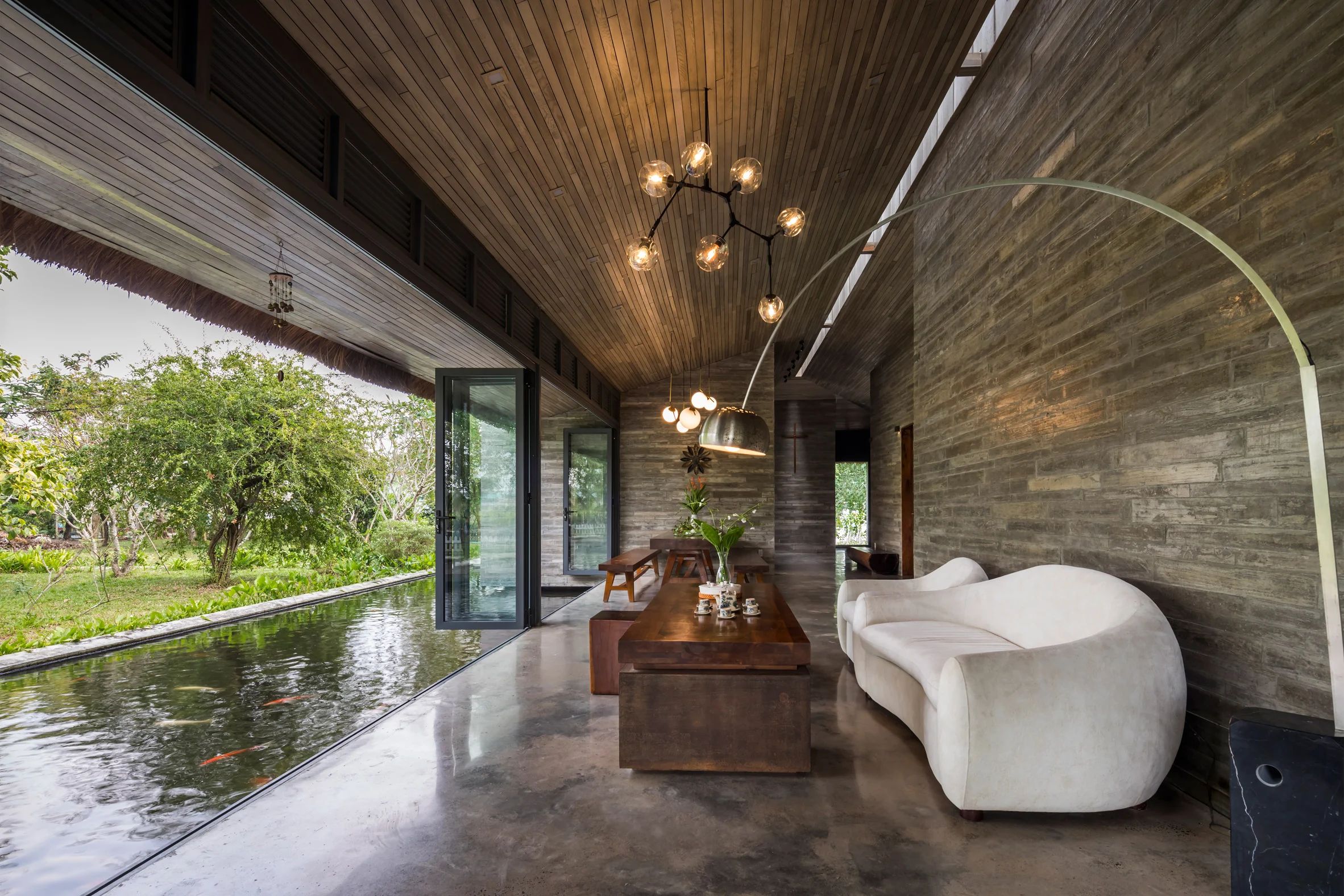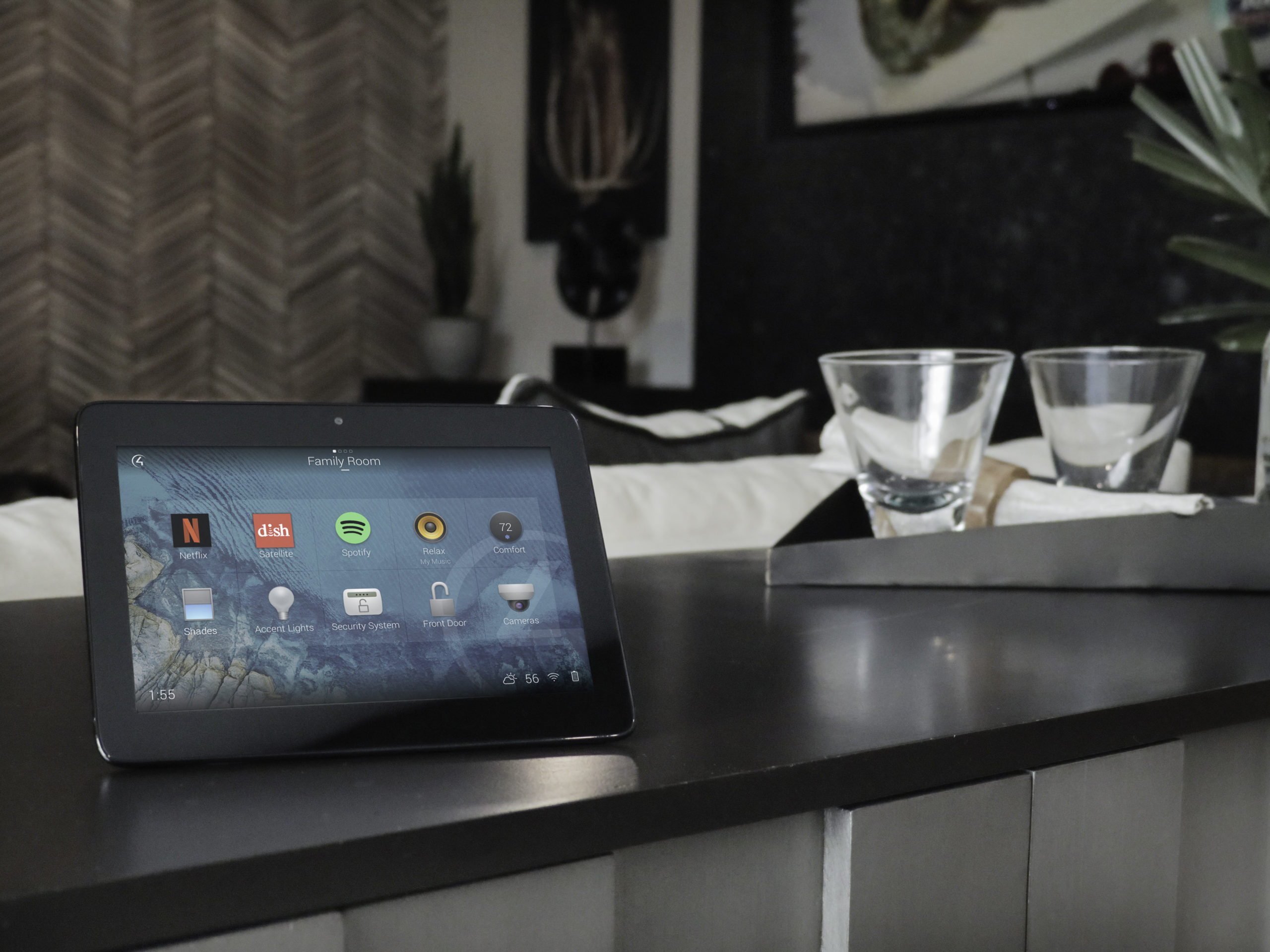
Integrating smart home technology into a tropical house can bring several benefits, enhancing comfort, efficiency, and security in the unique climate and environment. Here are some advantages:
1. Climate Control Efficiency: In tropical climates where temperatures can be high and humidity levels intense, smart climate control systems become invaluable. Smart thermostats and automatic air conditioning systems allow for precise temperature and humidity regulation, ensuring optimal comfort while minimizing energy consumption.
2. Energy Efficiency and Cost Savings: Smart home solutions can help manage energy consumption efficiently. Automated lighting, climate control, and energy-efficient appliances contribute to reduced energy bills. In tropical regions where cooling systems are frequently used, the ability to optimize energy usage can lead to significant cost savings.
3. Natural Disaster Preparedness: Tropical regions may be prone to natural disasters such as hurricanes or heavy storms. Smart home sensors and monitoring systems can provide early alerts for extreme weather conditions, allowing homeowners to take preventive measures, secure the property, and evacuate if necessary.
4. Smart Irrigation for Landscaping: Maintaining a lush tropical garden can be challenging. Smart irrigation systems can be programmed based on weather forecasts and soil moisture levels, ensuring efficient watering schedules. This not only conserves water but also helps in preserving the landscaping in an eco-friendly manner.
5. Security and Surveillance: Smart home security systems with surveillance cameras, motion detectors, and smart locks provide an extra layer of protection. With remote monitoring and alerts, homeowners can keep an eye on their property even when away, enhancing security in tropical environments where homes might be more secluded.
6. Natural Ventilation Management: Balancing natural ventilation with air conditioning is crucial in tropical climates. Automatic windows and smart ventilation systems can be programmed to open or close based on temperature, humidity, or air quality. This ensures a comfortable and healthy indoor environment while minimizing reliance on artificial cooling.
7. Remote Control and Monitoring: The ability to remotely control and monitor the home is especially beneficial in tropical regions, where sudden weather changes or unexpected events can occur. Smart home apps allow homeowners to adjust settings, check security cameras, or receive alerts from anywhere with an internet connection.
8. Integrated Pest Control: Smart home technology can be employed to manage pest control more efficiently. Automated pest repellent systems, smart traps, or sensors can help detect and address pest issues promptly, contributing to a healthier living environment.
9. Water Leak Detection: Heavy rains in tropical climates can sometimes lead to water leaks. Smart water leak detection systems can provide early warnings, allowing homeowners to address issues before they escalate. This helps prevent water damage and mold growth, which can be common challenges in humid climates.
10. Enhanced Lifestyle and Convenience: Smart home technology brings convenience to daily life. From voice-activated controls to automated routines that adjust lighting, temperature, and music, homeowners in tropical regions can enjoy a more comfortable and enjoyable living space.
In summary, integrating smart home technology into a tropical house can optimize comfort, improve energy efficiency, enhance security, and provide valuable tools for managing the unique challenges presented by the climate and environment.
To check our Services click here.
Visit us at the showroom: 53/86 Moo5, T. Srisoonthorn, Talang, Phuket 83110
Contact us: +66 (0)81-979-6763
Message us: support@asiasmarthome.com


Recent Comments